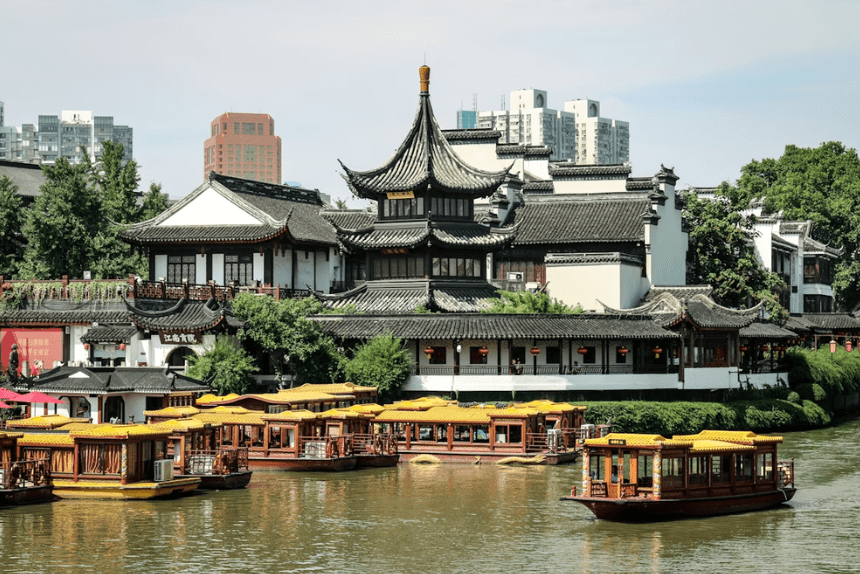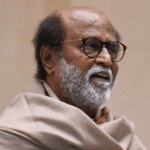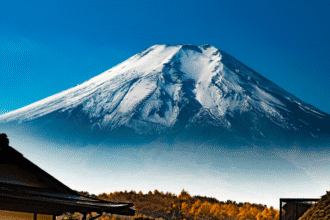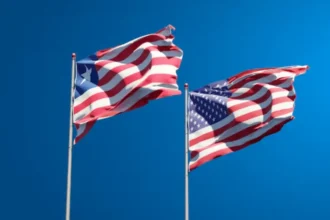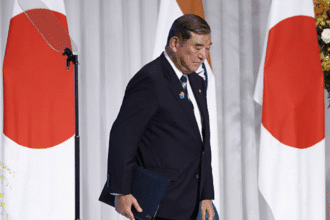Hayato Kato, a Japanese vlogger who is well-known for his funny videos on life in China, shocked his 1.9 million followers with a post that was out of character for him. Kato talked about a terrible occurrence in history in fluent Chinese on Douyin, China’s version of TikTok, after watching Nanjing Photo Studio. The movie takes place during the Japanese army’s six-week occupation of Nanjing in late 1937. It graphically shows images from the Nanjing Massacre historical memory, which killed some 300,000 civilians and soldiers and sexually assaulted about 20,000 women.
- What Is It About the Nanjing Massacre That Makes It a Long-Lasting Point of Conflict?
- How do China and Japan remember the war in different ways?|
- Why is the memory of the Nanjing Massacre coming back now?
- How can popular culture affect memory?
- Is it still possible for historical reconciliation to happen?
- What Can We Learn for the Future?
Kato said of one incident that disturbed him: citizens queued up by the river to be shot, and a sobbing infant was slain in front of her mother. He then talked about a bigger problem, saying, “If we deny it, this will happen again,” about many in Japan, including some major personalities, who insist the massacre never happened.
The video immediately became popular, getting more than 670,000 likes in just two weeks. But the comments were very different from each other. One of the most memorable statements from the movie was, “We are not friends.” We never were, which shows how far apart the two countries still are emotionally.
What Is It About the Nanjing Massacre That Makes It a Long-Lasting Point of Conflict?
The historical memory of the Nanjing Massacre is not only a chronicle of what happened; it is a lasting symbol of China’s collective trauma. The Chinese view this horrible event as part of a bigger story of Japan’s conquest of Asia, which also touched Korea, the Philippines, Indonesia, and Malaya.
“Comfort women” is a very sensitive subject. An estimated 200,000 women were forced into sexual slavery in Japanese military brothels. Many survivors are still looking for both an official apology and money, which makes the issue a diplomatic problem that won’t go away.
Japan has made official apologies, but they have often been less effective because other political leaders have made statements that are not in line with them and because people have visited the Yasukuni Shrine, which honors Japan’s war dead, including convicted war criminals. People in China see these behaviors as indicators of dishonesty or trying to change history.
How do China and Japan remember the war in different ways?|
One of the key reasons the Nanjing Massacre historical memory still affects ties is that the two countries teach and remember the conflict in very different ways.
The atrocity is part of a larger story of resistance, strength, and national unity in China. School lessons, movies, and memorials all talk about the pain and victories that people went through. However, in Japan, people generally focus on the country’s suffering, especially the damage done by the atomic bombings of Hiroshima and Nagasaki and the problems of the years after the war.
This difference makes it hard to talk to each other. A Chinese man who has lived in Japan for 15 years said that most Japanese people don’t want to talk about the tragedy at all. “They see it as something that happened a long time ago,” he said, adding that this avoidance makes it less likely that there will be direct conflict, but doesn’t help people comprehend history. Read another article on Ukraine Government Shake-Up Amid Conflict
Why is the memory of the Nanjing Massacre coming back now?
There has been a big rise in state-led memorials for wartime incidents since Xi Jinping became president. Movies like Nanjing Photo Studio, Dongji Rescue, and one coming out soon about Unit 731, which was renowned for doing experiments on people in Manchuria, are being made with big budgets and strong patriotic themes.
Xi’s idea of “national rejuvenation” uses the legacy of the Nanjing Massacre to bring people together and strengthen China’s place in the world. Some parts of current history, like what happened at Tiananmen Square, are repressed in China, yet stories of foreign invasion are aggressively pushed. This selective memory draws people’s attention away from themselves and toward others.
The official story now says that the war started with Japan’s initial attacks on Manchuria in 1931, which makes it a 14-year battle instead of the eight years of full-scale fighting that was thought to be the case before.
How can popular culture affect memory?
Movies, books, and conversations on the internet have all helped keep this part of history alive in people’s minds. For instance, Nobel Prize-winning author Mo Yan has written on war themes in his work. State-owned media also keep making films about the fight that focus on how strong the country is.
The success of Nanjing Photo Studio shows how movies can make people feel things and start arguments. Weibo and RedNote, two social media sites, have made these talks even louder, and they often do so in a very nationalistic way. A well-known review of the movie said that the sentence “We are not friends” was a message from millions of Chinese to Japan, denouncing Japan’s continuous denial of history.
Is it still possible for historical reconciliation to happen?
The issue of reconciliation is still complicated. Many experts think that the best time for closure was in the 1970s, when China and Japan started talking to each other and working together economically. At that time, both parties were ready to put aside sad memories for the sake of their profit.
But today, the political climate has changed. The rise of nationalism in both countries, together with conflicting geopolitical objectives, makes it harder to find a way to get along. Experts say that reconciliation is still feasible, though, if both sides agree to keep teaching history based on facts, recognize each other’s pain, and avoid making political gestures that could start a fight.
If we don’t do anything, the legacy of the Nanjing Massacre could be a cause of conflict instead of a common understanding that could help bring peace.
What Can We Learn for the Future?
The ongoing arguments about history show how important it is for countries to be open, teach each other, and care about each other. History may help people understand each other and work together when it is used positively. When it is used as a political tool, it can make people more suspicious of each other.
The challenge for educators, policymakers, and cultural leaders is to make sure that the legacy of the Nanjing Massacre serves as a lesson of the costs of conflict and the importance of coming together. There is a chance to create trust for future generations by encouraging open communication and encounters between cultures.


